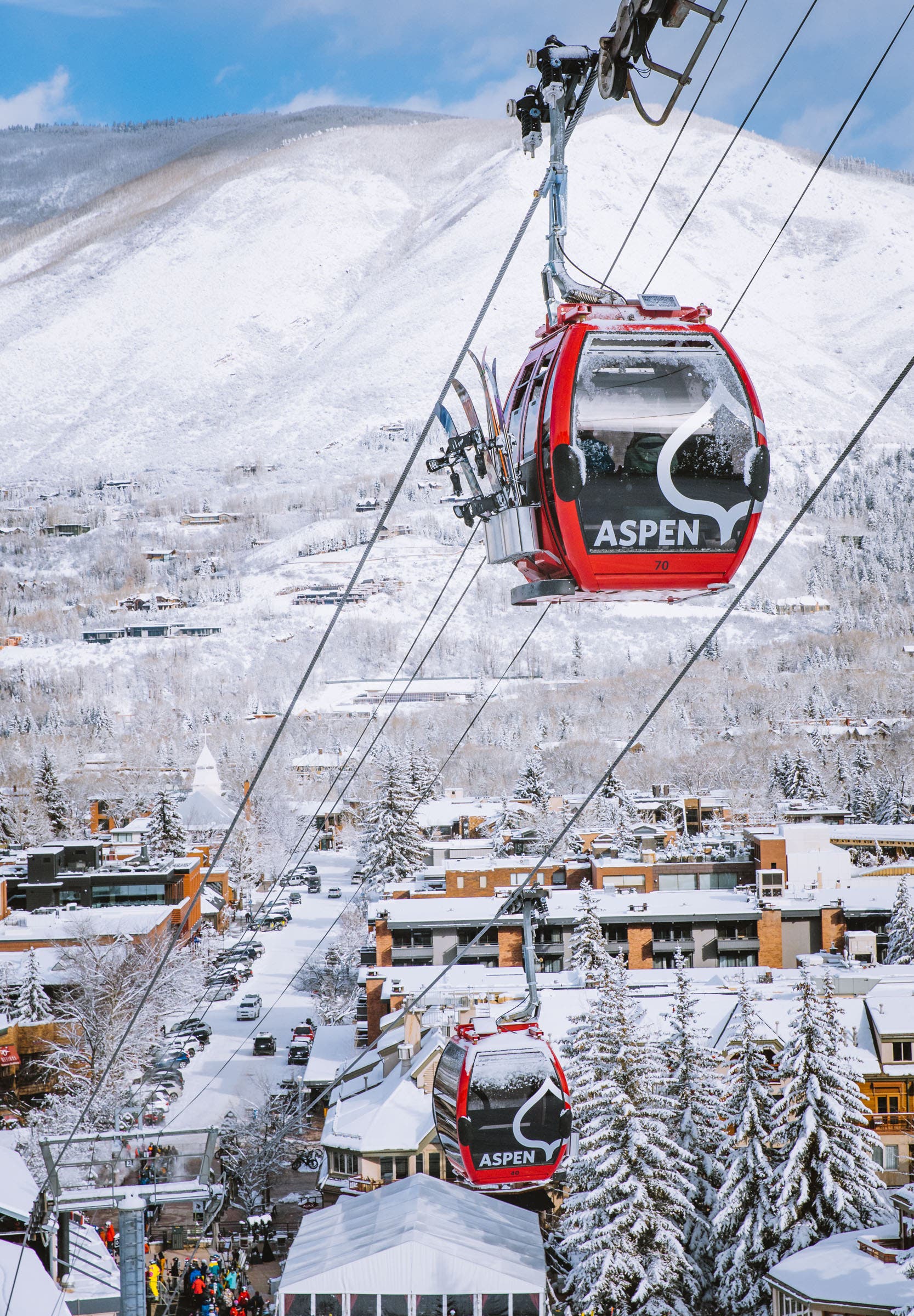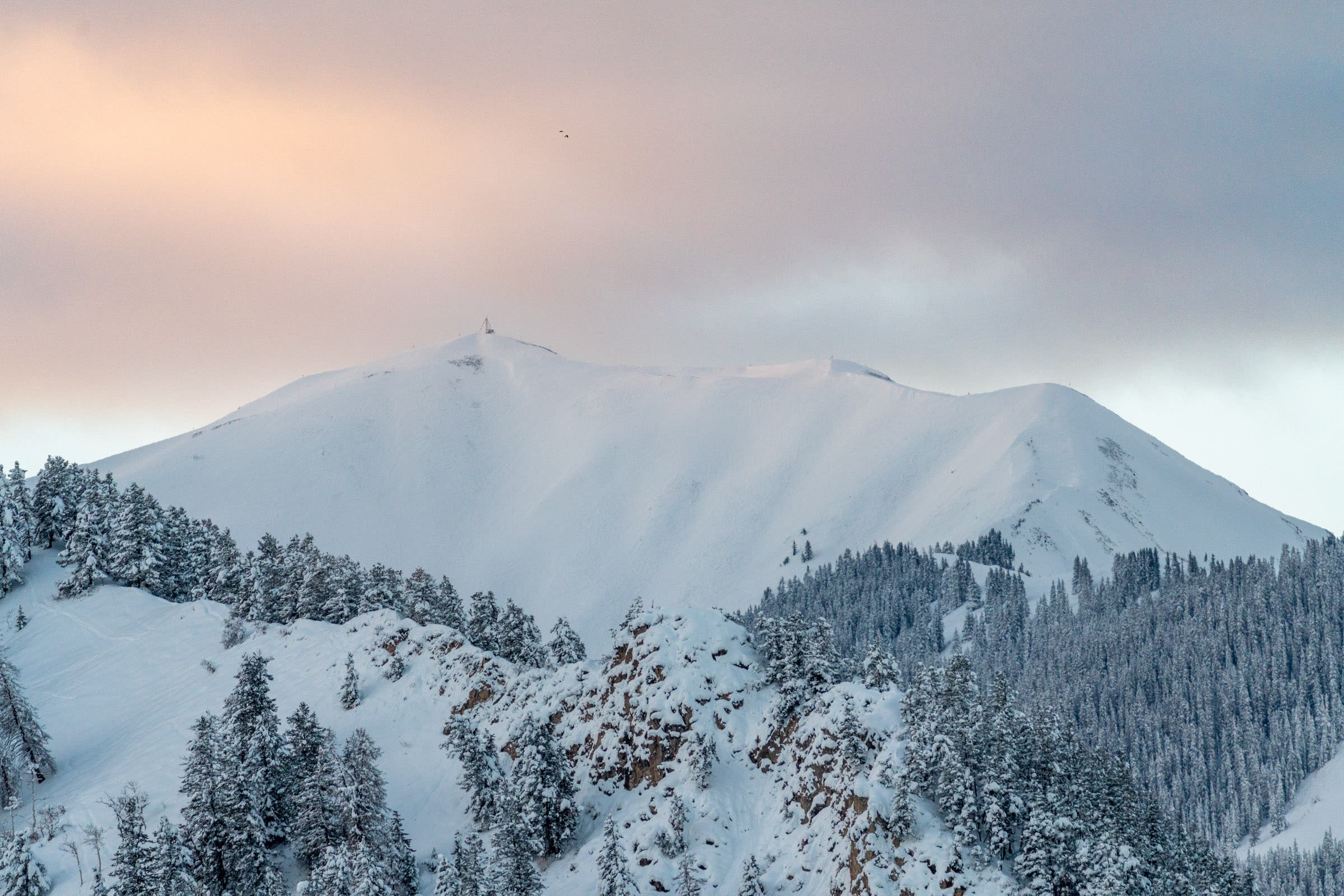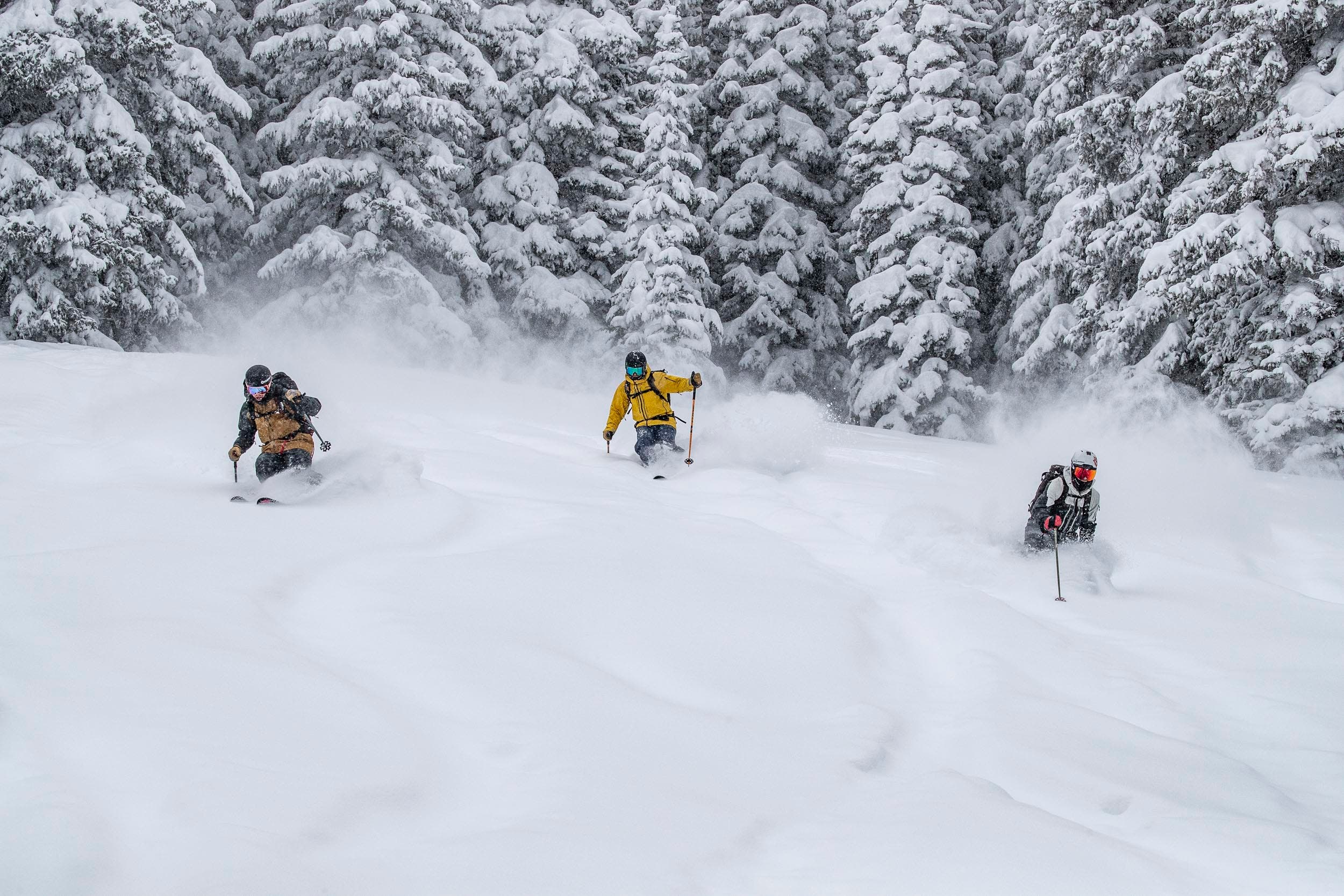How Aspen Ski Co. is Leading the Climate Fight in DC

(Photo: Courtesy of Aspen Ski Company)
Auden Schendler calls it like he sees it, even if that means saying things that no one wants to hear. And when it comes to climate change and the future of skiing, Aspen One’s Senior Vice President of Sustainability thinks that our best days of winter are behind us.
“The East Coast is a great example,” he said last week during an interview with SKI after the release of the company’s 2024 Sustainability Report.
“Generally speaking you’re seeing shorter winters and warmer shoulder seasons.” Schendler also alluded to the decrease in season length, and how coastal- and lower-elevation skiing will have a harder time with natural snow and increase their reliance on snowmaking.
There will still be big storms, he said, followed by longer periods of drought, but the trend will be less snow, warmer temperatures, and shorter winters.
He used Europe as another example, citing how many lower-elevation resorts have shuttered over the last couple of decades. Climate change has also come home to roost: Since Aspen was founded in 1947, winter is a full month shorter and the average temperature has risen 3 degrees F since 1980, according to the report.

“We are going to be able to protect civilization from the worst effects of climate change if we wake up, and I think the snow sports industry can play a big role,” Schendler said. “Even if we win, I think skiing’s future is limited.”
The Sustainability Report, shared by Aspen Snowmass’s parent company every two years to highlight the work being done within the company to make our sport more environmentally sustainable, pulled no punches this year. The report claims that the ski industry simply isn’t doing enough to slow down climate change, and what it is doing isn’t going to move the needle.
Aspen has long led the industry in eco-friendly initiatives, and now more than ever, they believe they are leading a movement. The company has been operating its own power plant for over a decade, and in 2021 they defended the Biden Administration’s decision to put a federal pause on oil and gas lending. More recently, they’ve implemented a “no new natural gas” policy. The company’s new dwellings in Mammoth and Boulder are all-electric, the new Little Nell Hotel in New York City uses existing heating from a steam plant, and its cooling system relies on electricity via a chiller and hydronic loop.
More Reading: How to Be a More Environmentally Conscious Skier
“We’re banging down the doors in Washington and making sure that, you know, we’re pushing our political policies through and lobbying as best as we can,” Schendler said. “So it’s much more than just electrical snowmobiles.”
If there is one major takeaway from the climate change debacle on the individual level, it’s to embrace being a hypocrite—because that’s exactly what the fossil fuel industry banks on you avoiding.

Schendler was interviewed earlier this month by our colleagues at “The Outside Show,” where he explained his take on climate hypocrisy: ”It’s very easy to say: ‘hey ski resort, hey individual driving an SUV—you’re a hypocrite if you criticize the carbon economy,’ but this is simply a way for the fossil fuel industry to disempower you. If we want to solve climate change we have to re-jigger our entire economy.”
What the report and Schendler are shouting from the top of the Silver Queen Gondola is that small sustainability efforts like carpooling or driving electric snowmobiles are a drop in the bucket on the corporate level compared to what needs to be done. And what needs to be done isn’t necessarily in Aspen, the Rockies, or even at your local ski resort: It’s in Washington, D.C.

“We’re Aspen—there’s good and bad in that—but where’s our power?” Schendler says. Aspen One is betting on its political clout to move the needle on a national stage, getting into politicians’ faces and lobbying for better environmental practices.
“We can wield power, which means we can try to change big systems like policy, governance, or politics,” Schender says. “And then we can publicize all that. This report is a way of pushing that story out, and the more people that see it will get it.”